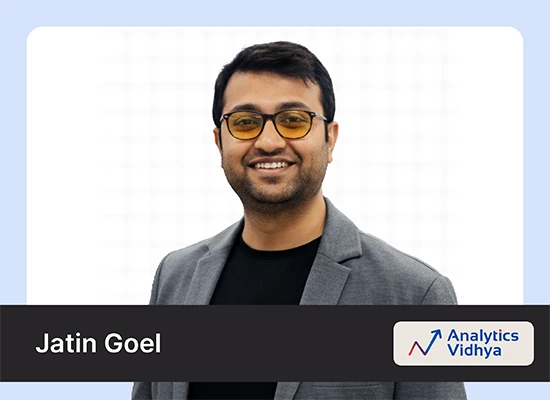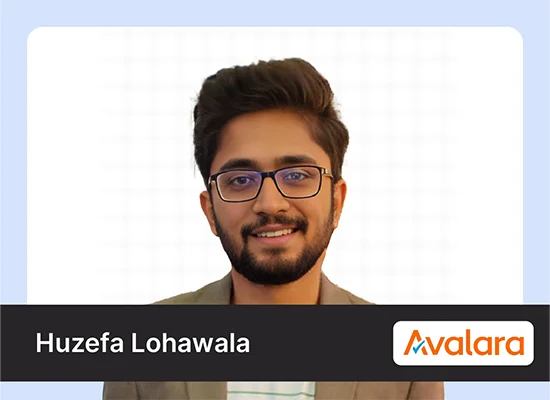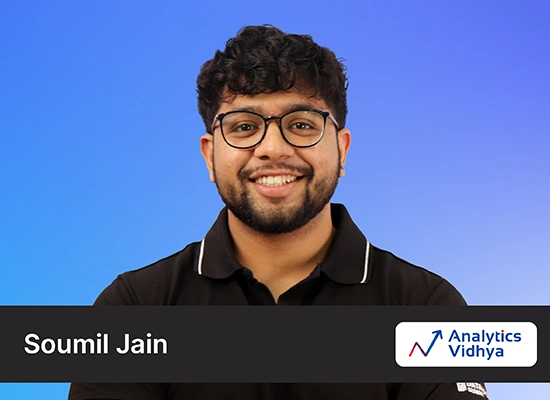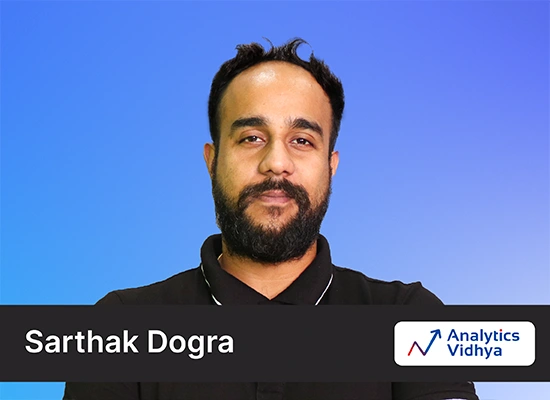Introduction
Which AI tool do you use to generate images? Is it MidJourney? What if I tell you there is a better alternative to it? Recently, Google launched Imagen 2, boasting the most advanced text-to-image diffusion technology. This innovative tool produces high-quality outputs closely aligned with the user’s prompts. Unlike traditional methods, Imagen 2 leverages natural distribution within its training data, resulting in more lifelike images devoid of pre-programmed styles.
Examples of Imagen-2 Image Generation
Prompt 1:
A jellyfish on a black background

Prompt2:
A long haired miniature dacshund on a couch

Prompt 3:
Small canvas oil painting of an orange on a chopping board. Light is passing through orange segments, casting an orange light across part of the chopping board. There is a blue and white cloth in the background. Caustics, bounce light, expressive brush strokes.

This feature is available in Gemini, Search Generative Experience and a Google Labs experiment called ImageFx. Developers and cloud customers can access it via Imagen APIN in Google Cloud Vertex AI.
Features of Imagen 2
- Improved Image caption understanding: Imagen-2, a powerful Text to Image model learns to create images that match a user’s prompt from details in their training datasets images and captions. But note this thing, the quality of detail and accuracy in these pairings can vary widely for each image and caption. Here are the examples of Imagen – 2’s prompt understanding:
Prompt:
Soft purl the streams, the birds renew their notes, And through the air their mingled music floats.

Prompt:
“The robin flew from his swinging spray of ivy on to the top of the wall and he opened his beak and sang a loud,lovely trill, merely yo show off. Nothing in the world is quite as adorably lovely as a robin when he shows off - and they are nearly always doing it” (The Secret Garden by Frances Hodgson Burnett)

- More Realistic Image Generation: Imagen-2’s dataset and model have delivered improvements in many areas which mostly text-to-image tools often struggle with including rendering realistic hands and human faces. Here is an example for the same

Technique Behind Imagen-2
It is based on a diffusion-based technique which provides a very high degree of flexibility, making it easier to control and adjust the style of an image. Here is the visualization of how this technology makes it easier to control the reference images alongside a text prompt.
Advanced Inpainting and Outpainting
Google’s Imagen-2 also enables images editing capabilities like “inpainting” and “outpainting”. By providing a reference image and an image mask, users can generate new content directly into the original image with a technique called inpainting, or extend the original image beyond its borders with outpainting.
Imagen 2 can generate new content into the original image with inpainting.
Imagen 2 can extend the original image beyond its borders with outpainting.
Also, read about image generation with OpenAI’s 4o.
Conclusion
Imagen 2 represents a significant leap forward in the world of AI image generation. Its ability to create not only realistic images from the user’s prompt but also short video clips and editable elements within existing images extends a vast array of creative and commercial possibilities. With its focus on responsible AI principles, Imagen 2 offers robust safety features and control mechanisms, making it a valuable tool for businesses and individuals alike. As Imagen 2 continues to evolve, we can expect even more impressive and innovative applications for this powerful technology.





